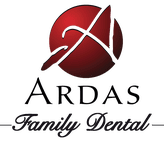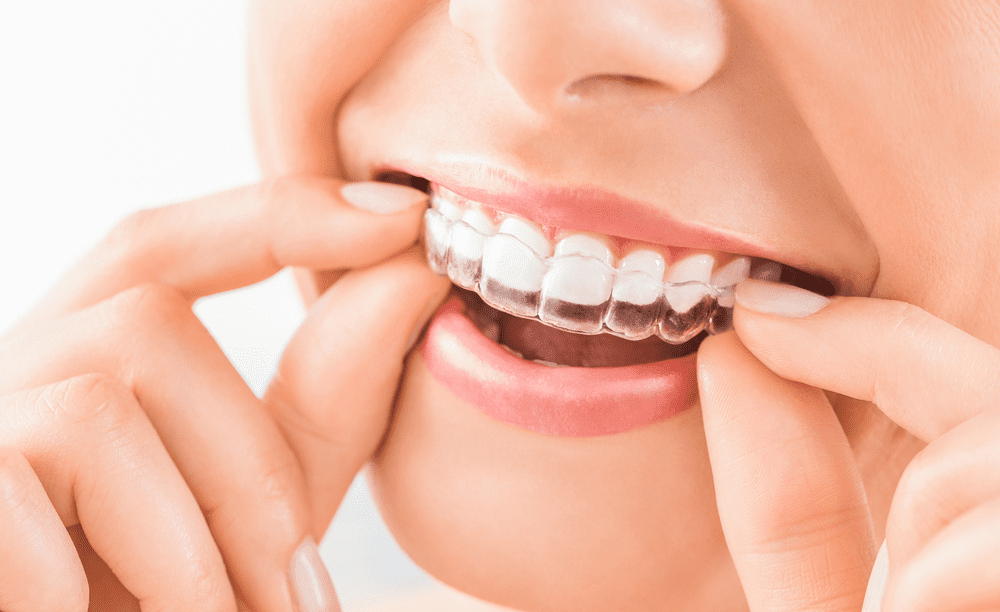Are you wondering how to keep your Invisalign retainers sparkling clean and hygienic? Cleaning Invisalign retainers is crucial for oral health and the effectiveness of your treatment. This post will explore general practices for ensuring your Invisalign retainers remain in optimal condition.
Importance of Regular Cleaning Invisalign Retainers
Maintaining the cleanliness of your Invisalign retainers is crucial for several reasons. Firstly, it helps in ensuring that your oral hygiene is not compromised. Bacteria and plaque can easily accumulate on retainers, just as they do on teeth. Without regular cleaning, these unwanted guests can lead to bad breath, tooth decay, and gum disease. Moreover, clean retainers are essential for the effectiveness of your orthodontic treatment. Dirty retainers can hinder the progress of aligning your teeth to their desired positions.
Additionally, understanding how different habits can affect your Invisalign retainers is important. For instance, many people wonder about the Chewing Gum and Invisalign: Compatibility and Advice. It’s essential to be informed about how various activities and habits can impact the cleanliness and integrity of your retainers. Keeping your retainers clean not only contributes to a healthier mouth but also ensures the longevity and success of your orthodontic treatment.
Understanding Retainer Maintenance Needs
Maintaining your Invisalign retainers is crucial for ensuring their effectiveness and longevity. These orthodontic devices are designed to be worn for a significant portion of the day and night, making them susceptible to buildup from saliva, plaque, and food particles. Understanding the maintenance needs of your retainers is the first step toward ensuring they remain clean and functional. Proper care not only contributes to oral hygiene but also protects the investment you’ve made in your smile. It’s important to recognize that every retainer, much like the individual wearing it, has unique maintenance needs based on lifestyle, usage, and personal oral health.
For those seeking professional advice or services related to Invisalign retainers, it’s beneficial to consult with experts who specialize in these devices. Parker’s Premier Invisalign Providers offer comprehensive insights and solutions tailored to meet the specific needs of each patient, ensuring that your journey toward a perfect smile is both effective and informed.
Common Mistakes in Retainer Care
When it comes to maintaining Invisalign retainers, there are several common pitfalls that individuals often encounter. These mistakes can range from how the retainers are cleaned, to the frequency and method of care. Neglecting proper hygiene practices can lead to the buildup of bacteria and plaque, which not only compromises the retainer’s effectiveness but can also affect oral health. Additionally, improper handling or storage of the retainers can lead to damage or deformation, impacting their fit and function. Understanding these common errors is crucial for anyone looking to maintain their retainer’s condition and ensure its longevity.
Retainer Cleaning Frequency Guidelines
Understanding the appropriate frequency for cleaning your Invisalign retainers is crucial to maintaining both their clarity and functionality over time. Generally, it’s advised to clean your retainers regularly to prevent the buildup of bacteria and plaque, which can not only affect your oral health but also the longevity of the retainers themselves. The exact frequency can vary based on individual habits and recommendations from dental professionals. Ensuring that you’re adhering to a consistent cleaning schedule will contribute significantly to the overall health of your teeth and gums. For more detailed guidance tailored to your specific needs, consider consulting with Ardas Family Dental, your trusted Parker Dentist.
Handling and Storage Best Practices
When it comes to maintaining the integrity and cleanliness of Invisalign retainers, understanding the proper handling and storage practices is crucial. Ensuring that these orthodontic devices are correctly handled minimizes the risk of damage and contamination, which can affect their effectiveness and longevity. Proper storage is equally important, as it protects the retainers from environmental factors and keeps them safe when not in use. Adhering to general guidelines for handling and storing Invisalign retainers can significantly contribute to their maintenance and overall oral health.
Conclusion
For more insights, read reviews on Google Maps. For further assistance, call us at 720-459-8420.

